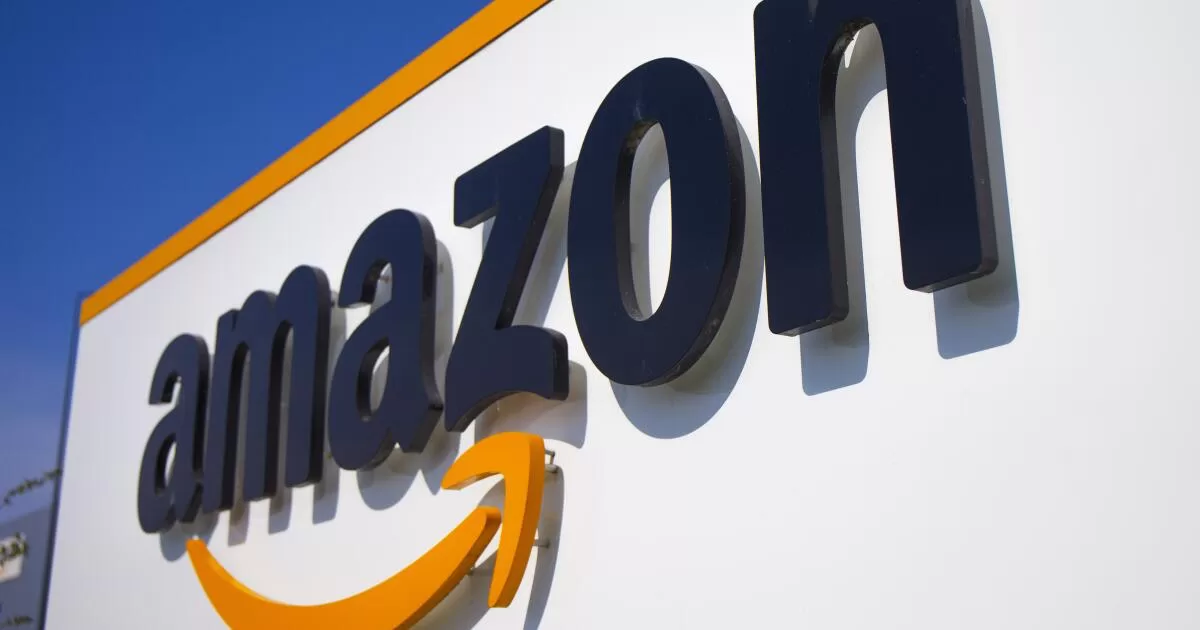It would have been hard to imagine then that the small business famously run out of Jeff Bezos’ Bellevue, Wash., garage would be celebrating its 30th anniversary and a mind-bending $1.97 trillion net worth today. I continue to use Amazon to order gadgets and basic necessities, watch movies and shows and read books on a Kindle. I do all of this even though I know the once-beloved bookseller has become a data-hungry behemoth that is laying waste to personal privacy.
Today, Amazon sells basically everything and knows basically everything, from our favorite toilet paper to our kids’ questions for Alexa to what’s going on in our neighborhoods — and has let police in on that, too! Amazon knows where we live, what our voices sound like, who our contacts are, how our credit histories are, at what temperature we like to keep our homes and even whether we have allergies or other health issues.
Based on this information, the company infers a whole profile: It potentially knows whether we’re gay or straight, married or divorced, Republican or Democratic, sexually active or not, religious or secular. It knows how educated we are and how much money we make. And it uses this data to sell to us better.
As a privacy researcher, I advocate for strong consumer privacy protections. After spending the better part of a decade going through privacy policies with a fine-tooth comb, I can safely say that Amazon has been worse for privacy than nearly any other company. It’s not just that Amazon has awful privacy policies; it’s also that, along with Facebook and Google, it co-authored our terrible targeted-ad economy, built on siphoning as much data as possible from users so that anyone with access to it can manipulate you into buying more stuff.
Considering the importance of freedom to America’s origin story, it’s ironic that the country is so beholden to a company that has manipulation of our free will down to a science.
“Did you just buy these Italian coffee beans?” Amazon asks us. “Here’s what you should buy next.”
Privacy and free will are inextricably intertwined: Both rest on being left to decide who we are, what we want and when we want it without anyone watching or interfering. Privacy is good for our mental health and good for society. Neither corporations nor governments — which have a way of acquiring the data the companies collect — should have access to unlimited knowledge about who we are and what we do all the time.
Amazon has played a pivotal role in making that possible. Its war on privacy took a particularly dystopian turn recently in Britain, where some train stations were using an Amazon artificial intelligence system called Rekognition to scan passengers’ faces and determine their age, gender and emotional state, whether happy, sad or angry; identify supposedly antisocial behavior such as running, shouting, skateboarding and smoking; and guess if they were suicidal. It’s like Orwell’s thought police came to life, but instead of Big Brother, it’s Big Bezos.
The worst part is that we just went right along with this intrusion in exchange for cheap stuff and free two-day shipping.
Unfortunately, Amazon has become almost a basic necessity. But we can take steps to rein in its worst consequences.
Consumers shouldn’t bear the burden of making Amazon better; policymakers and regulators should. A good place for them to start is with the American Privacy Rights Act, legislation currently before Congress. It isn’t perfect, but it would at least address our glaring lack of a federal privacy law. State privacy laws form a patchwork that varies widely in how well it protects consumers.
We need to start thinking of data privacy as a human right. The idea that companies have a right to all the data they can collect on and infer about us is absolutely bonkers. Thirty years ago, no one would have agreed with it.
This isn’t how the world should work, and it’s particularly terrifying that this is where we are as we enter the age of artificial intelligence. Generative AI programs, like the chatbots we hear about constantly, are designed to root out as much personal information as they can, supposedly to make them more effective. And Amazon is upgrading its Alexa assistant to incorporate generative AI technology.
Nothing I can impulse-buy on Amazon will help me feel better about a future with no privacy, mass surveillance and pervasive monitoring of our feelings and tendencies. What started as a beautiful book and a free mug has yielded a world where everything I buy, everywhere I go and, perhaps in the not-so-distant future, every emotion I feel can be tracked and turned into inferences to sell me more stuff or push dangerous ideologies or advance any other purpose that corporations or governments deem useful. If it sounds dystopian, that’s because it is.
Jen Caltrider is the director of Mozilla’s *Privacy Not Included project.
